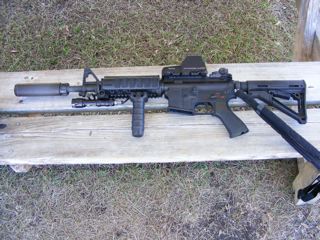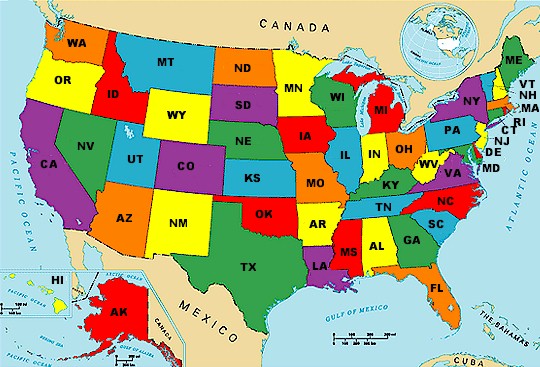There have been many question on converting a pistol to a rifle and back to a pistol. The ATF recently issued a ruling regarding this to help clarify what is permitted and what is not. If you would like to read the full ruling it can be found here. ATF Ruling 2011-4.pdf
In summary the ATF made the following findings.
Held, a firearm, as defined by the National Firearms Act (NFA), 26 U.S.C. 5845(a)(3), is made when un-assembled parts are placed in close proximity in such a way that they:
(a) Serve no useful purpose other than to make a rifle having a barrel or barrels of less than 16 inches in length (e.g., a receiver, an attachable shoulder stock, and barrel of less than 16 inches in length); or (b) Convert a complete weapon into such an NFA firearm, including – (1) A pistol and attachable shoulder stock; and (2) A rifle with a barrel of 16 inches or more in length, and an attachable barrel of less than 16 inches in length.
 NFA Gun Trust Lawyer Blog
NFA Gun Trust Lawyer Blog



